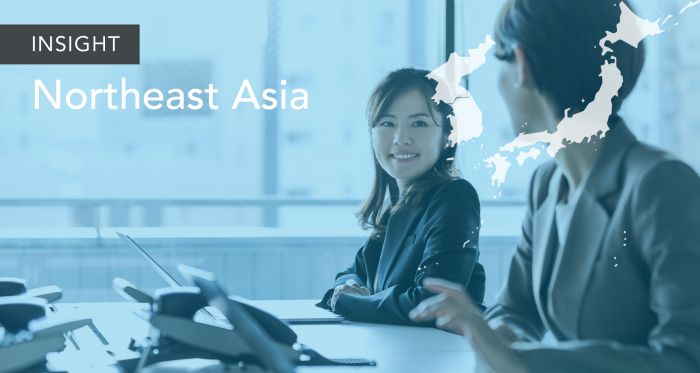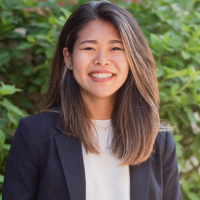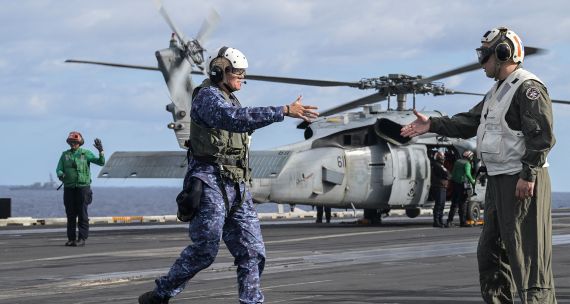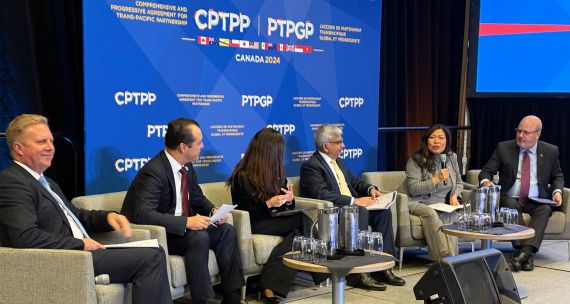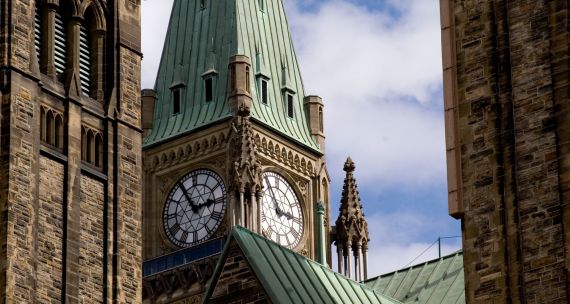THE TAKEAWAY
Japan launched a Women, Peace and Security (WPS) task force on January 29 to better co-ordinate the Ministry of Foreign Affairs’ and the Government of Japan’s efforts on WPS, specifically around supporting women’s participation, both domestically and internationally, in decision-making related to conflict prevention, peacekeeping, and peacebuilding.
The task force — and the active engagement by Foreign Minister Kamikawa Yoko, Japan’s first female foreign minister in 19 years — offers opportunities for collaboration with Canada. The WPS agenda is a key priority for Ottawa and is mentioned in both its Indo-Pacific Strategy and in the Canada-Japan Action Plan as an area for closer co-operation.
IN BRIEF
- Japan’s new WPS task force has been placed under Kamikawa’s purview and will involve officials from across the Japanese government. It comes nearly 24 years after the UN Security Council (UNSC) adopted its landmark “Women, Peace and Security (WPS) Resolution 1325,” urging “actors to increase the participation of women and incorporate gender perspectives in all United Nations peace and security efforts.” Subsequent UNSC resolutions mandated member states to work with experts and civil society to develop national action plans (NAPs).
- The Government of Japan created NAPs in 2015, 2019, and most recently in 2023. These plans, created in consultation with Japanese civil society and non-governmental organizations (NGOs), focus on supporting and enhancing women’s participation in conflict prevention and peacebuilding, providing humanitarian relief with a focus on women, and using gender perspectives on recovery and reconstruction in conflict zones. In addition, Japan has included in its NAPs initiatives that will apply to its domestic and international natural disaster response and recovery efforts.
- In 2023, one prominent NGO, the Sasakawa Peace Foundation, hosted a series of related events, one of which included Canada’s Minister of Foreign Affairs, Mélanie Joly; its WPS Ambassador, Jacqueline O’Neill; and the Ambassador of Canada to Japan, Ian McKay.
IMPLICATIONS
- Kamikawa, an experienced, skilled, and energetic minister and politician who has held multiple ministerial positions since 2007, is taking the WPS file seriously. Since becoming foreign minister in September 2023, she has repeatedly stated that WPS will be a key initiative not only for her ministry and for cross ministerial co-operation, but also for Japan’s international diplomacy.
- While the task force may be new, Japan has been a global leader in providing overseas development assistance (C$23.7 billion in 2022) since the 1980s and has long been a generous donor to and supporter of various UN agencies, such as UN Women, working on WPS. In 2021, Japan was UN Women’s ninth-largest contributor and through that agency has worked to “address and reduce gender-based violence, prevent violent extremism and promote women’s economic empowerment in Africa, the Middle East and the Asia-Pacific.” The Japan International Cooperation Agency, which administers Japan’s ODA, is expected to ramp up its WPS-related programming such as supporting women’s capacity-building in conflict or post-conflict areas. And Japan has sent hundreds of women Self Defence Forces personnel to assist with international activities such as UN peacekeeping operations and disaster relief activities.
- Joly has stressed that the WPS agenda is critical to both Canada’s feminist foreign policy and its Indo-Pacific Strategy. Yet, leading with gender and feminist approaches to engagement in many parts of the Indo-Pacific can be challenging given the differing views on gender and given that other issues might be of higher priority for some regional partners. Nevertheless, working with Japan’s WPS task force, both in the Indo-Pacific region and beyond, may help boost Canada’s efforts and deepen Canada-Japan ties.
WHAT’S NEXT
1. Japan to appoint a WPS ambassador
One key initiative to bolster Japan’s WPS efforts is the creation of a WPS ambassador, announced by Kamikawa during her January visit to Ukraine. Since 2019, Canada has had a WPS ambassador, Jacqueline O'Neill, whose role is to provide cross-ministerial advice and raise the profile of Canada’s NAP. O’Neill’s office could offer valuable insights and best practices to guide Kamikawa in establishing this crucial role.
2. Future opportunity for joint implementation in ASEAN and Ukraine?
The October 2022 Canada-Japan Action Plan mentions WPS as an area for collaboration. Kamikawa and Joly reconfirmed their interest in deepening bilateral co-operation when the two met in November 2023 and January 2024, notably on WPS in and with ASEAN. Although details have not been released, there are strong foundations upon which to build joint programs. For example, last year marked 50 years of friendship and co-operation between Japan and ASEAN and Kamikawa had WPS-related discussions with several counterparts from the region. Also, Japan could join the jointly launched project between Canada, ASEAN, and UN Women called Empowering women for sustainable peace: Preventing violence and promoting social cohesion in ASEAN. Japan’s new task force could also provide tangible opportunities, including on Japan’s World Assembly for Women: WAW! annual international conference, and recovery and reconstruction in Ukraine, an area of focus for Kamikawa.
• Editors: Erin Williams, APF Canada Senior Program Manager; Vina Nadjibulla, APF Canada Vice-president, Research & Strategy.
